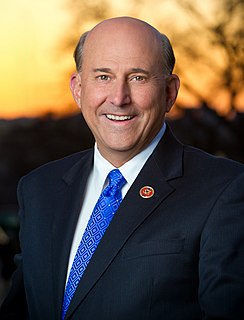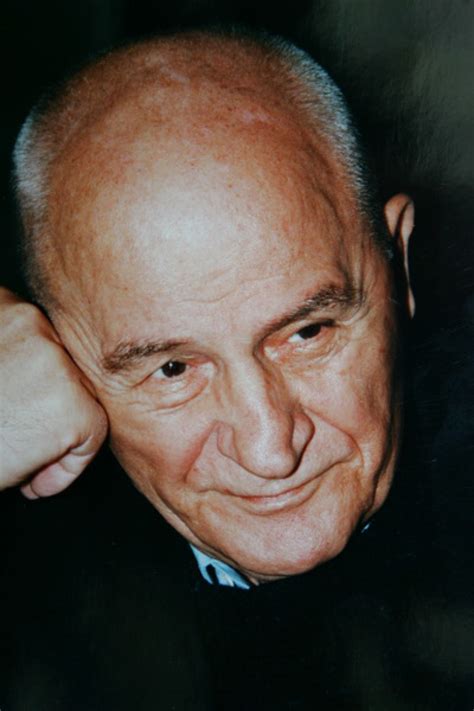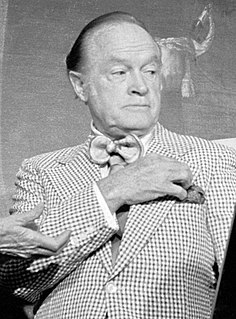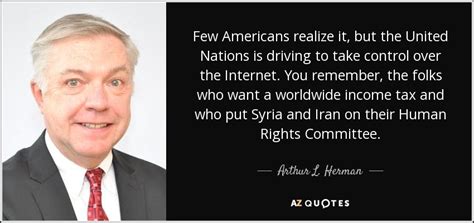A Quote by Alistair Horne
In Tbilisi in 1990, I recall watching zealous Georgians smash statues of Lenin and Stalin. A few days earlier, though, in Moscow I had been invited to address the Red Army, as one of the first Brits to benefit from Glasnost. The subject they chose: The Cuban Missile Crisis.
Related Quotes
Over the past years, I have lectured many times on the Cuban missile crisis, most provocatively to 200 senior officers of the former Soviet army in Moscow in 1991, among them KGB generals. There, my knowledge of Penkovsky's role was thoroughly confirmed, and so was the Soviet military men's residual sense of humiliation at Khrushchev's 'blink'.
Can and must! The proclamation of this new conception of [Joseph Stalin] is closed by the same words, "Such are in general the characteristic features of Lenin's conception of the proletarian revolution." In the course of a single year Stalin ascribed to [Vladimir] Lenin two directly opposed conceptions of the fundamental question of socialism. The first version represents the real tradition of the party; the second took shape in Stalin's mind only after the death of Lenin, in the course of the struggle against "Trotskyism".






































